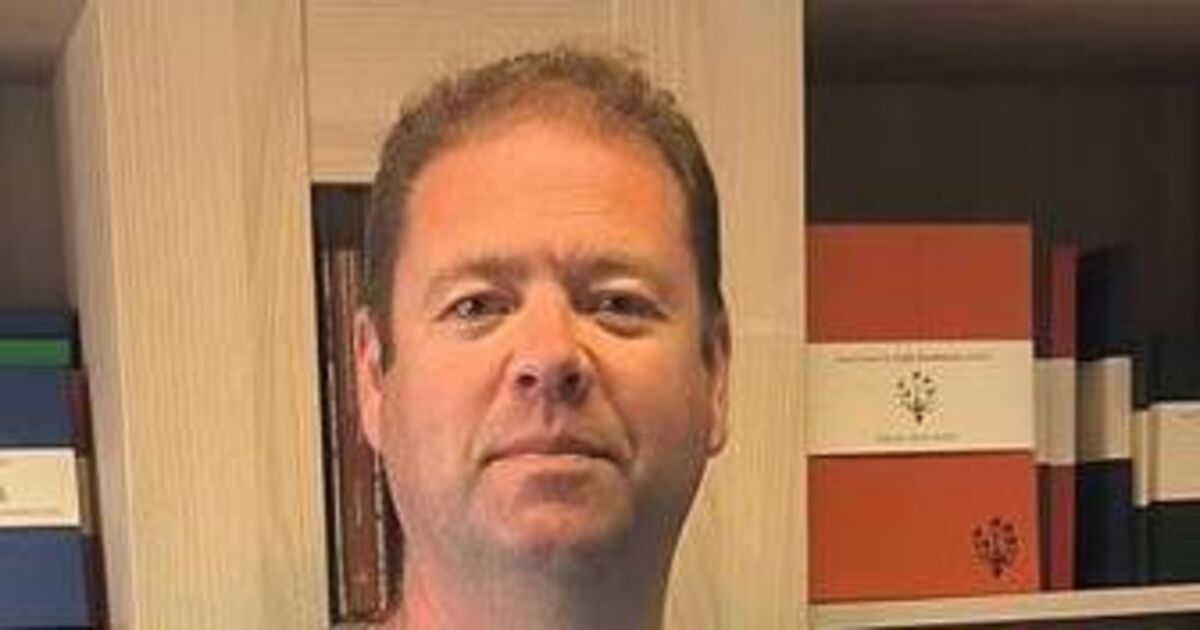Tommy Duffy is a bookbinder with Duffy Bookbinders, a family-run business based at Seville Terrace, Dublin.
I am a fourth-generation bookbinder; the business spans three generations.
My great-grandfather Paddy was the first bookbinder in the family; then my grandfather Tommy followed him into bookbinding and he and his wife Kathleen set up the business.
My father Tom and my uncle Patrick are the proprietors now. Paddy was involved in the 1916 Rising, which interrupted his apprenticeship as a bookbinder.
He ended up in Frongoch internment camp, and when he came back, Kathleen Lynn was organising nurses to look after the men.
My great grandmother Brigid was designated to Paddy, and that’s how they met.
He also would have been involved in the War of Independence and the Civil War, and eventually he was able to serve out his time and qualified as a bookbinder.
My mother Patricia has always helped out in the business as well.
I was always around the business — if you had a day off school or it was the summer holidays, you might find yourself in the place pottering about.
When I got to my teens, it was a natural progression to become a bookbinder.
I started my apprenticeship in 1997, so I worked here and also attended the school of printing in Bolton Street [Dublin Institute of Technology].
My grandfather Tommy used to teach in Bolton Street part-time, and he would have taught the people who were teaching me, so it came full circle.
What does your role involve?
Things have changed a lot since I did my apprenticeship. We would have done hardback binding for printers, as there were very few in Ireland with their own bindery.
Another big thing was thesis binding and that has completely stopped now; covid was the final blow.
Hospital registers is something we still do, as a record of certain information still needs to be kept. We would also have done one-off binds and limited editions.
A number of years ago, we started doing our own notebooks. We wanted to do it right, with good-quality paper and binding cloth, and to do as much of the process by hand.
It is not just a notebook but also a story about where we have come from.
The notebooks are now a huge part of our business because they really took off.
At the start, we were producing our own design — the Five Lamps range — and then we also started doing a Celtic collection.
We started doing notebooks with logos for bookshops, museums, businesses, and conferences. It all expanded from there.
What do you like most about it?
It might sound a bit old and boring nowadays but it is nice to make something with your hands, there is a lot of satisfaction in it and people really appreciate what you do.
It is lovely to have a sense of pride in something you have made, and we often get thank you messages from people who have bought our notebooks.
What do you like least about it?
Like a lot of people, it’s the day to day admin involved in running a business.
Sometimes I think a five-minute phone call could save a lot of emailing back and forth.
Three desert island books
I live in Drogheda and I commute on the train so I always have a book on the go.
My first pick would be Fever Pitch by Nick Hornby — I have a signed first edition. He really captures what it is like to be a fan, and the obsession and the passion that goes with it.
The second one is That They May Face the Rising Sun by John McGahern. It is one of those books that is hard to define but the landscape, the characters, the story — it sums up Irish people and what we are about.
My third pick would be local histories in general. All through the years we would have bound local histories, and we would get caught up in all the stories. They are hugely important in terms of keeping the past alive.
Many people sitting at their kitchen tables have done a lot of work and research on local histories and people are still really interested in them.
